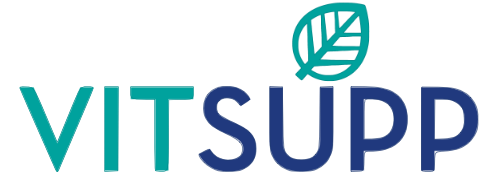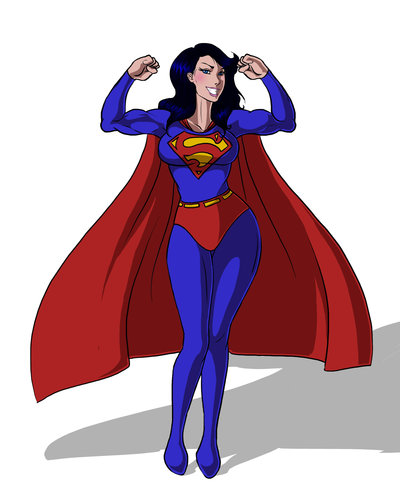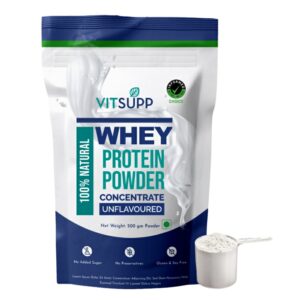A woman’s body changes all through her life thanks to her varying roles as mother, caregiver, livelihood earner and much more.
I know that all of today’s women are really superwomen! They manage to look after so much, be it children’s health, children’s education, their own health, husbands, parents, homes, family finances and even hold and excel at 9-5 jobs. With flair!
Really! All women should get to wear their underwear on the outside with matching cloaks!
🙂
So what does a superwoman like you need – to keep doing what you are doing.
Good Nutrition and regular exercise are key to good health and optimal energy, however sometimes it’s hard to take the time to make healthy food choices or exercise altogether. Also certain vitamins and minerals become particularly important at particular times of life.
I believe that the nutrition needs vary during the teens, childbearing years, and senior years.
By making an informed and wise food choice, you can stay healthy and energetic enough to meet the demands of your life.
At the same time it can offer big benefits as you will also stay healthy and disease free. Good nutrition will help you lower the risk of many autoimmune & lifestyle diseases. It will help you have healthy pregnancies and stay in the healthy weight range too.
However for a woman this is easier said then done.
Several nutritional deficiencies are common among women. Some of the key things to note are below:
- Low intake of dietary iron and calcium are common in women India leading to its deficiency
- Menstruation, pregnancy, breastfeeding and menopause are times of increased nutritional demand leading to depletion of body stores of nutrients.
- Good nutrition means eating a wide variety of foods every day, however women generally skip eating a variety of foods due to several personal, financial or family reasons.
- Vitamin B6 & Zinc can help ease the symptoms of premenstrual syndrome, and women are largely deficient in it.
- Also large quantities of foods like tea, alcohol, caffeine and salt can interfere with the absorption and excretion of important minerals leading to deficiency of nutrients among women. Especially working women.
Nutrition for Girls in Childhood and Early Teens
During the early age / formative years girls or teens need nutrients to build their body and organs, which will help them meet the expectations of their life. Therefore diet must contain wide variety of fruits, vegetables, whole grains, dairy products, and quality sources of protein. Key nutrients in the early age are:
- Calcium & Vitamin D: Calcium and Vitamin D are closely associated with healthy bones for each and everyone, however for girls these are particularly important. During early years getting enough calcium along with Vitamin D is important as bones are absorbing calcium. Calcium absorption is supported by Vitamin D. Without Vitamin D calcium absorption can not take place. Most experts recommend 1,300 mg of calcium a day for girls aged 9 through 19. Natural and best source of readily available calcium are dairy products, as this contains both Calcium and Vitamin D. The daily intake for Vitamin D is 600 IU per day for most children and healthy adults. However if your daughter is finicky about milk or vegetable you can also supplement her diet with Calcium and Vitamin D.
- Magnesium: The recommended daily allowance for magnesium is 500 to 800 mg/day. Calcium only works when taken in conjunction with magnesium. Good sources of magnesium include leafy green vegetables, summer squash, broccoli, halibut, cucumber, green beans, celery, and a variety of seeds, including pumpkin, sunflower, sesame, and flax seeds.
- Iron: Iron is essential for healthy blood cells and it becomes particularly important for girls, when they begin to menstruate. During every menstruation cycle, girls / woman lose small amounts of iron. Severe iron deficiency results into anemia and its symptoms include fatigue, impaired immunity, and poor performance at school or work. Good sources of iron include turkey, chicken, lamb, beans and lentils. Until girls begin to menstruate, they need about 8 mg of iron a day. Between ages 14 and 18, the recommended intake climbs to 15 mg. While you can supplement iron, I recommend that iron is best got from food.
Nutrition for Women During adulthood/childbearing Years
During adulthood or childbearing years, the nutrients requirement scales up by multiple times.
A women’s body needs to be ready to provide nutrients to a fetus. Without nutrients a fetus may not develop properly, therefore a women needs to be extremely careful about what she eats. Any deficiency of nutrients may result into irreversible impact on a newborn and the women herself.
Several nutrients are particularly important for women during this stage of life. These nutrients are:
- Calcium & Vitamin D: Calcium and Vitamin D are closely associated with healthy bones for each and everyone, however for women during childbearing/lactating years it becomes increasingly important as fetus or new born extract calcium from the women/mother. During this stage getting enough calcium along with Vitamin D is important as without it body can not absorb calcium.
- Folic acid: Folic acid is a very important B Vitamin for pregnant women. Folic acid helps prevent neural tube defects, especially spina bifida and anencephaly. These defects can be devastating and fatal. Folic acid acts as a co-enzyme in the form of tetrahydrofolate (THF), which is involved in the metabolism of nucleic acids and amino acids. Folic Acid is also needed for normal cell division, especially during pregnancy and infancy, which are times of rapid growth. Folate also aids in erythropoiesis, the production of red blood cells. Rich source of folic acid are leafy vegetables. However it is recommended to take folic acid supplements during pregnancy of about 400 to 800 micrograms.
- Vitamin B12: Vitamin B12 is involved in the cellular metabolism of carbohydrates, proteins and lipids. It is essential in the production of blood cells in bone marrow, and for nerve sheaths and proteins. Like folic acid, B12 is essential for healthy nervous system development and function. Also remember that Vitamin B12 is an essential vitamin that can not be produced by the body. Pregnant women who are vegetarian, are found to be deficient in Vitamin B12. Vitamin B12 is present in animal protein and dairy. Teenage and adult women need 2.4 mcg, however during pregnancy its recommended levels are 2.6 mcg and 2.8mcg during lactation.
- Omega-3 fatty acids: Omega 3 Fatty acid particularly DHA (docosahexaenoic acid) is essential for the neurological and early visual development of your baby and for making breast milk after birth. Omega-3 (EPA and DHA) also play many roles in the body, including building healthy brain and nerve cells.
- Iron: During pregnancy volume of blood almost doubles, thereby increasing demand of Iron. Without Iron blood can not form in the body. Adult women in the age group of 19-50 years need 18 mg Iron a day, however during pregnancy it goes upto 27 mg a day. During lactation need of Iron reduces a lot as women are not menstruating and they need only 9 mg Iron. However the moment they stop breast feeding their demand goes upto 18 mg a day.
Nutrition for Women During Old age
After childbearing years are over, women’s body begins to change again. Women’s body is not able to absorb or metabolize nutrients at the similar rate and they may not be menstruating. Below are the most important nutrients to consider:
- Calcium and Vitamin D: Women are at a greater risk than men of developing osteoporosis, so it’s important to get plenty of calcium to support your bone health. Dairy products are high in calcium and recent evidence suggests that consuming whole-fat dairy can also have beneficial effects on weight control. Consider plant-based sources of calcium like beans, broccoli, kale, Brussels sprouts, and collard greens as well. Women between the ages of 50 and 70 need 1200 mg of calcium and 600 IU of Vitamin D a day. Women older than 70 require 1200 mg of calcium and 800 IU of Vitamin D a day. Because the skin becomes less efficient at converting sunlight to vitamin D as we age, older women may need more vitamin D in the form of supplements.
- B12: The body’s ability to absorb this crucial vitamin also declines as women age. A diet abundant in fish, meats, and foods fortified with B12 can supply adequate amounts for most older women. But some people may need to take supplements.
If you like this article please do not forget to share with your loved ones.



